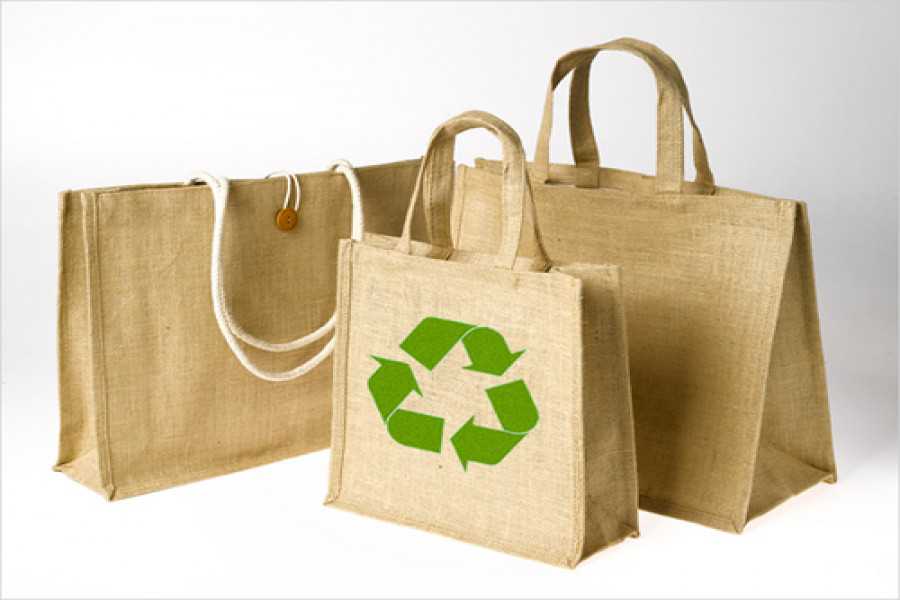Value-added jute products

Despite many odds confronting the jute sector, there is hardly any missing the prospect of jute emerging as the next growth driver of the economy. Besides its eco-friendly feature and huge potential for diversification, the good news is that jute is increasingly found to suit hitherto unknown uses.
A recent news story that Bangladesh can become one of the major suppliers of jute to the global car industry speaks of one such use, not known to many. A French company is reportedly set to start joint venture in Bangladesh to procure and process jute fibre for manufacturing car interiors. The company which uses jute fibre along with other natural fibres to make car dashboards, door panels, parcel shelves, wheel arches, headliners, spare wheel covers etc., plans to go big in using jute in its production process. Already Bangladesh supplies jute fibre to some of the major automobile giants, and given the advantages of this light-weight natural fibre, chances are high that the volume of export would rise substantially in the near future. The global car industry needs approximately 100,000 tonnes of natural fibre a year, of which 10,000 to 12,000 tonnes of jute fibre are supplied by Bangladesh. The current volume of export, according to concerned quarters, is expected to grow manifold.
There are some more areas where utilising the myriad potentials of jute has gained momentum. The innovation of jute poly bag is, no doubt, a great feat for Bangladesh. It is expected that jute polybags would emerge as the most sought-after alternative to plastic bags, both at home and abroad, with significant economic gains. There are initiatives, too, of making quality yarn and pulp from jute fibre. A private jute mill based in Bogura manufactures jute yarn, and has also gone for exporting. The mill produces more than a dozen varieties of colour-coated yarn that are used abroad to make packaging materials, household items, carpets and carpet backing cloth. Jute is also a raw material for making quality pulp, and with required facilities, good quality paper can be made from jute pulp. Experts take the view that Bangladesh has the potential to become a major pulp and paper producer from green jute.
Although jute is yet to register its success in terms of export revenues as anticipated, value-added and diversified products are highly likely to bring noticeable improvement once they go for commercial production. Reports have it that currently entrepreneurs are producing 240 types of jute products in the country, an increase from last year's 135. The successful research on genome sequencing of jute by Bangladeshi scientists is believed to have opened a new vista for progressive research on newer product development. However, it must be mentioned that a good deal of experiments for newer products is done by private jute mills, some of which are hard-up to afford R&D cost. The government, while trying to revamp the state-owned BJMC, should also provide required support to the private mills, particularly those undertaking value added product diversification.
Source: http://www.thefinancialexpress.com.bd